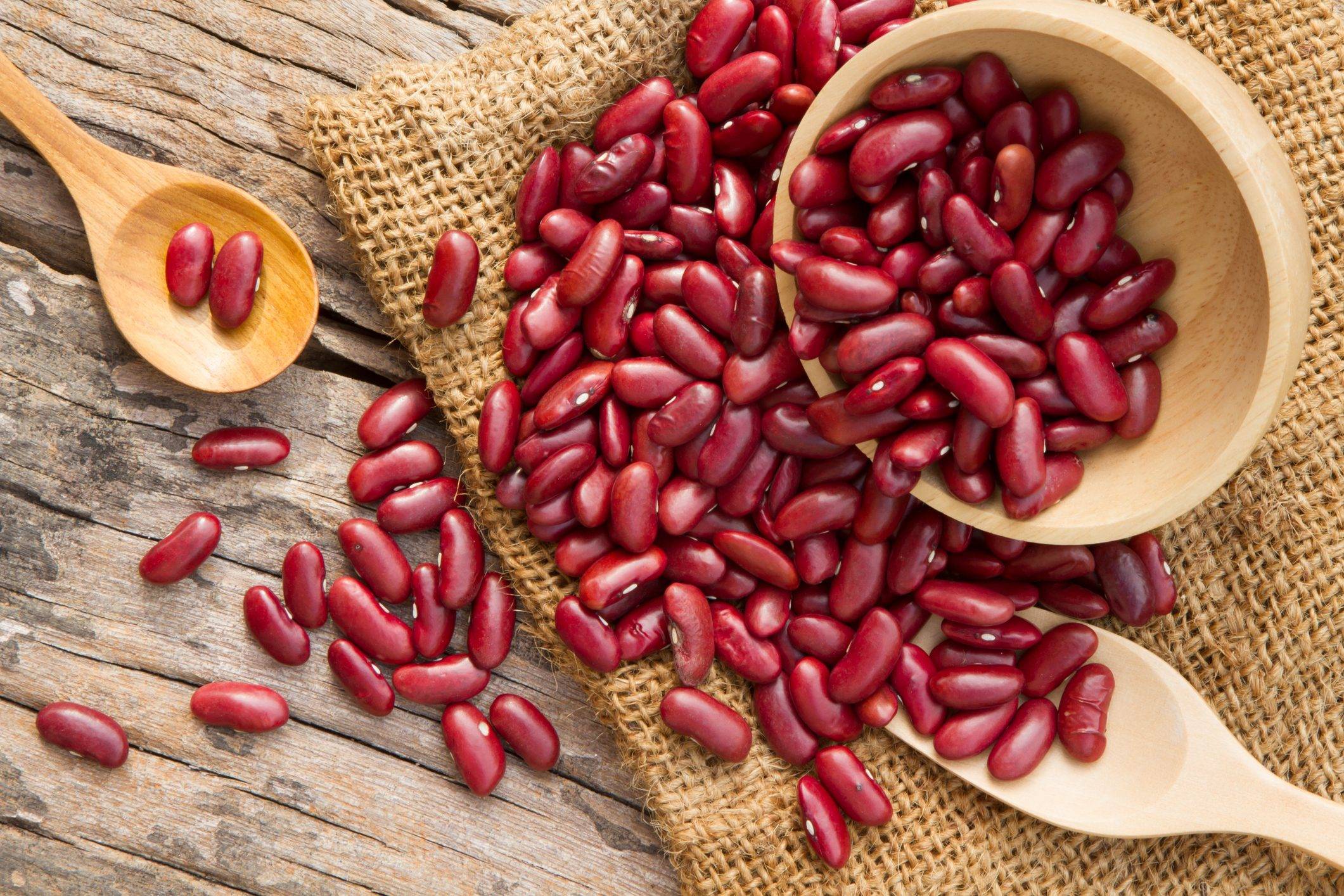Kidney beans, scientifically known as Phaseolus vulgaris, are a type of legume that is widely consumed around the world. They are named after their resemblance to a kidney shape and are prized for their versatility, nutritional content, and culinary uses. In this article, we will explore expert opinions on kidney beans, their health benefits, potential risks, and more
Expert Opinions:
Nutritionists and health experts often praise kidney beans for their impressive nutritional profile. They are an excellent source of plant-based protein, dietary fiber, complex carbohydrates, vitamins, and minerals. According to the United States Department of Agriculture's (USDA) National Nutrient Database, a cup of cooked kidney beans provides approximately 15 grams of protein, 13 grams of dietary fiber, and significant amounts of folate, iron, magnesium, and potassium. Experts consider kidney beans a valuable addition to a balanced diet, particularly for vegetarians and vegans looking for plant-based protein sources.
Health Benefits:
Heart Health: Kidney beans are rich in soluble fiber, which can help lower cholesterol levels and reduce the risk of heart disease. Additionally, their potassium content supports healthy blood pressure levels.
Blood Sugar Control: The fiber and complex carbohydrates found in kidney beans contribute to a slower release of glucose into the bloodstream, promoting stable blood sugar levels. This characteristic makes them suitable for individuals with diabetes or those aiming to manage their blood sugar levels.
Weight Management: The combination of protein and fiber in kidney beans can promote feelings of fullness and satiety, aiding weight management efforts by reducing overall calorie intake.
Digestive Health: The high fiber content of kidney beans supports a healthy digestive system and can help prevent constipation. It also acts as a prebiotic, promoting the growth of beneficial gut bacteria.
Potential Risks:
While kidney beans offer numerous health benefits, there are some potential risks associated with their consumption if they are not prepared properly.
Lectin Toxicity: Raw or undercooked kidney beans contain a lectin called phytohaemagglutinin, which can be toxic. It is important to soak and cook kidney beans thoroughly to neutralize this compound.
Digestive Issues: Some individuals may experience digestive discomfort, such as gas or bloating, after consuming kidney beans. This is primarily due to their high fiber content and oligosaccharides, which can be difficult to digest. Gradually increasing consumption and ensuring adequate hydration can help mitigate these issues.
Preparation and Cooking Tips:
To safely prepare kidney beans and reduce the risk of lectin toxicity, follow these steps:
Soak: Place the beans in a bowl and cover them with water. Allow them to soak for at least 5–6 hours or overnight. Discard the soaking water before cooking.
Cook: Boil the beans in fresh water for at least 10 minutes. This destroys the lectins and ensures they are safe to consume. Reduce heat and simmer until they reach the desired tenderness, usually around 45–60 minutes.
Season and Enjoy: Use cooked kidney beans in various recipes, such as soups, stews, salads, or as a side dish. They can be seasoned with herbs and spices or combined with other ingredients to enhance flavor and texture.
In conclusion, kidney beans are highly regarded for their nutritional value and health benefits. They are a versatile and plant-based source of protein, fiber, and essential nutrients. However, it is crucial to properly soak and cook kidney beans to neutralize any potential toxins. By following these guidelines, kidney beans can be safely enjoyed as part of a balanced diet, promoting overall health and well-being.




No comments yet
Be the first to share your thoughts!